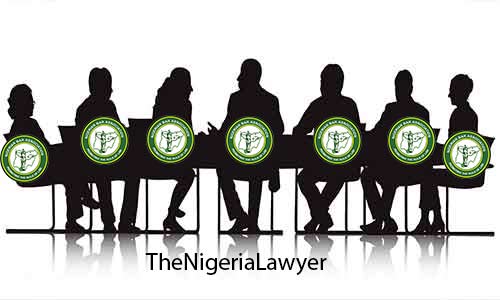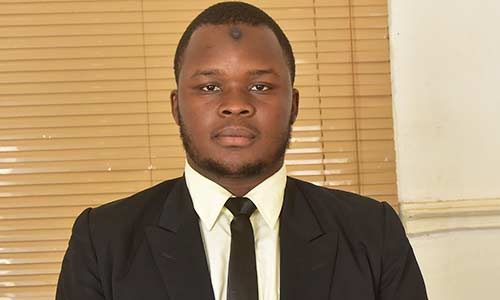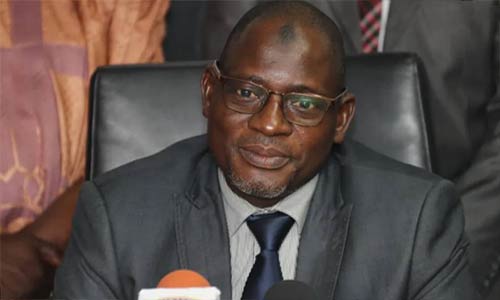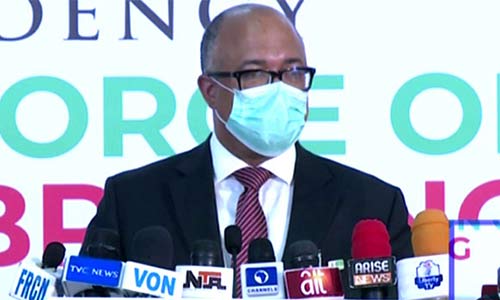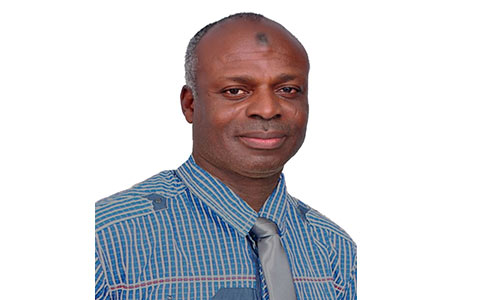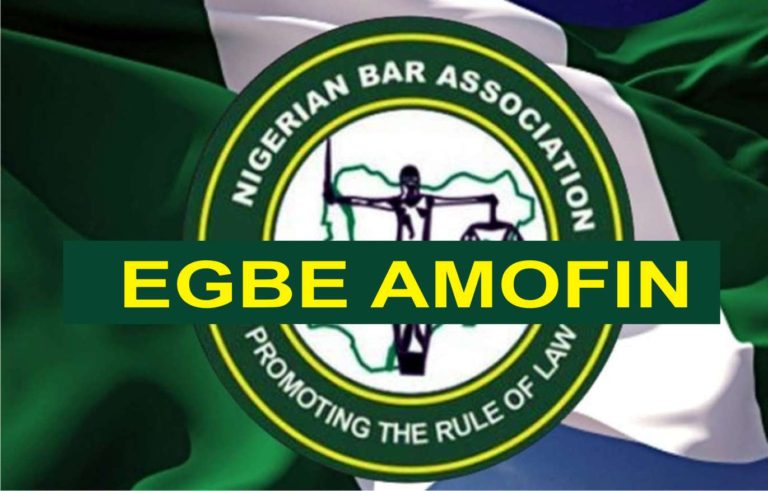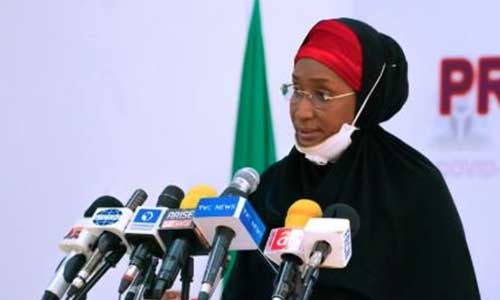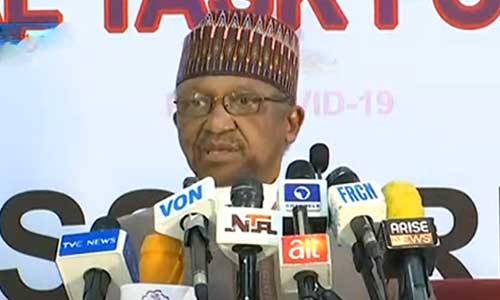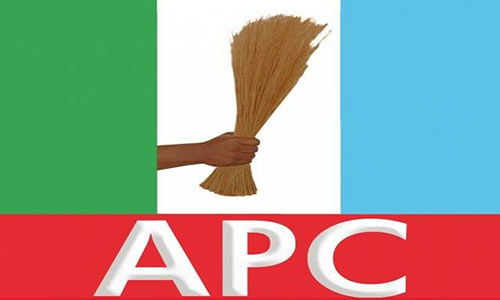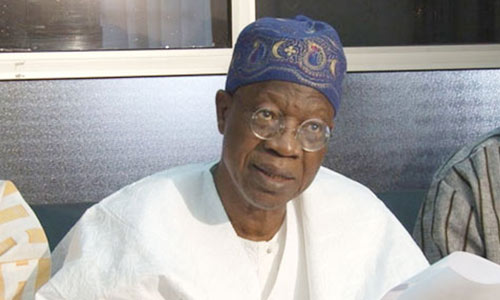By Stephen Kola Balogun
Introduction
The legal profession is a noble profession. It has existed in various forms through the ages. It is arguably, the most prominent professional body in almost every country of the World, and in Nigeria, it is no different. The Nigerian Bar Association ( NBA) is the professional body of many prominent Nigerians. It’s past Presidents include Chief Rotimi Williams, SAN, Chief Richard Akinjide, SAN, the rather popular and much loved Chief Alao Aka Bashorun (all of blessed memory), Dame Priscilla Kuye, the only female President in the history of the NBA so far, but to mention a few.
The NBA has long been regarded as the custodian of the democratic process, and bastion of the rule of law. It is therefore, an indictment and a sad day for the Nigerian Bar if those expected to be the guardians of our civil rights, liberties and freedoms cannot be seen to conduct free and fair elections amongst themselves, or like the equally respected physician, heal the several electoral malpractices that have plagued the NBA in recent years.
Non-SAN and the NBA Presidency
This particular NBA election, was billed to be different. The vast majority of members of the outer Bar had expressed through different media outlets and forums, their displeasure and discontent with their more eminent colleagues who make up the inner Bar and have been elevated to the prestigious rank and title of Senior Advocate of Nigeria. (SAN) It was generally thought that the Senior Advocate had not been pulling his weight in initiating much needed reforms within the profession, and that the lesser revered Lawyer who either practices law as a Solicitor or as General Practitioner within the reaches of the Outer Bar, should be given a chance.
Many Lawyers who wouldn’t otherwise bother to vote, at least going by past experience of NBA elections, went through a tedious process of verifying their credentials and registering for the elections which duly held on 29th through 30th July, 2020, only to be let down by the Electoral Committee of the NBA ( ECNBA) who failed in its duty to provide many Lawyers with a voting link. It is therefore, not only disappointing but a paradox, that the much sought after reforms have not only failed to materialise, but instead appear to have got worse even before the beginning of a new dawn.
Particular Flaws in the July 2020 NBA Election
Bearing in mind these allegations, can the NBA in all conscience, continue to project itself as a credible voice for the rule of law and a respected observer of National/ State legislative and gubernatorial elections?
The ECNBA struggled to conclude the verification exercise of the nearly 30,000 eligible voters captured on its final list, and left several unresolved issues before voting commenced. Some Lawyers wrote the NBA asking for a postponement of the election, arguing that certain fundamental aspects that ought to be addressed in advance of polling day, such as missing names on the voters lists; voter list verification; voters eligibility and transparency of the process, left a lot to be desired. They argued that these glitches could effect the credibility of the elections, and they have been proven right.
The disenfranchisement of any voter due to technical glitches, cannot be excused. A technical disenfranchisement is still a disenfranchisement, and the situation is further worsened with a perception that it was perhaps, a deliberate ploy to manipulate the election results in favour of particular candidates.
My position is perhaps, symbolic of many other disgruntled voters. I am a senior member of the Bar, and although I am not a Senior Advocate of Nigeria , like many other Lawyers of my ilk and standing, I was disenfranchised and so was my wife (a specialist Aviation Lawyer ) – we both had different candidates. She wanted to vote for Dr Ajibade, SAN, while I intended to vote for Mr Olumide Akpata who eventually won.
Notwithstanding this fact, I am disturbed by the entire election process. Even those in a minority and in the losing camp, must be allowed to participate in the election process and cast their votes. As Lawyers, our primary duty and role is to defend the rule of law. Unfortunately, the election process was visibly flawed, leaving many to question our integrity as a profession.
Other particular issues of concern, centred on how the election technology worked. There were also concerns, about whether the server could easily have been hacked. Concerns about the identity of the service providers, and how secure the NBA website and membership portals were. Many others found their names on the voting registers in obscure places of the country, where they had neither visited or practiced. The failure of the ECNBA to address these fundamental concerns before the elections, has resulted in a failed and botched election process which has severely undermined and eroded confidence in a profession already on trial in many other respects.
The Way Forward
What then is the solution? Can we redeem ourselves as a professional body, along with our dented image and pride ?
The declared winner of the NBA Presidential election, Olumide Akpata, now needs to show that he indeed, has the requisite leadership qualities. Justice as we often say, must not only be done, but must be perceived to be done, irrespective of whether or not there were wilful acts or omissions. You cannot conduct an election, by streaming live updates of votes being cast! It puts off the undecided voter. It could also lead to a band wagon effect in favour of the leading candidate at the time, with undecided voters possibly casting their votes in favour of the leading candidate. It’s not the same as exit polling, collated after an election has been declared closed.
Akpata needs to demonstrate why the NBA electorate seek change through him. He should rise to the occasion, and call for a rerun. Caesar’s wife, must appear to be above reproach. We must not allow others, to question our democratic process. We must encourage and breed confidence in our own democratic process, as a professional body. Akpata led throughout the day on polling day so he is unlikely to lose a rerun, but members of a professional body must not be disenfranchised. We must set the right example, for the rest of the country to copy and follow.
Conclusion
When a victor does a noble gesture, it carries weight and meaning. It shows that as a leader, he is more concerned about the integrity of the electoral process than just winning. It shows true leadership qualities. It shows a desire to unite various factions. Above all, it shows that the process was not all about him. Having said that, the other contestants should know what to do as well, if confronted with such a noble gesture. It is about the greater good of the profession. It’s about the NBA leading by example, and projecting themselves as such to the rest of the country. All things considering, I sincerely hope that we can revive the tenets of the profession which we love, cherish and honour. As for Olumide Akpata, I will stop short of congratulating him just yet, but when he is eventually sworn in as President of the NBA, I hope he will be able to leave a legacy and a system that works for all our members.
Stephen Kola Balogun, Lagos

